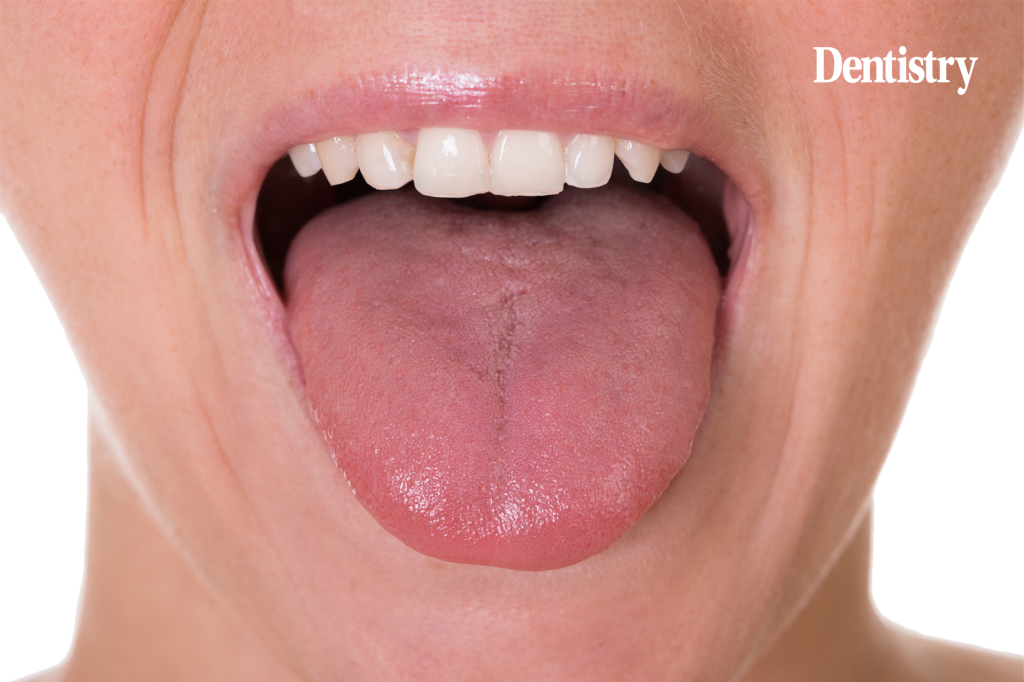
Researchers have designed a chemical sensor array or ‘artificial tongue’ which identifies and deactivates bacteria in the mouth.
Published in ACS Applied Materials & Interfaces, the researchers’ report explains that the project aims to speed up identification of the bacteria that cause dental diseases and bacterial infections.
Previous research had successfully created an ‘artificial tongue’ that could identify different types of bacteria similarly to real tongues distinguishing between tastes. In addition to identifying 11 types of disease-causing oral bacteria, the newly-developed ‘tongue’ can also kill them.
Currently, traditional methods such as culturing or testing for DNA markers are needed to distinguish between oral bacteria. This new technology is a simpler and less expensive way to identify the cause of dental caries or periodontitis.
The ‘artificial tongue’ works by mimicking natural enzymes which adhere to different types of bacteria. A colourless indicator is then used, with each type of bacteria causing a different change in colour. The ‘tongue’ also has an antibacterial effect because it destroys the bacteria cells.
‘An urgent need for early diagnosis and clinical treatment’
The researchers hope that the technology could be used in the future to diagnose and treat bacterial dental diseases. This could help with oral conditions from halitosis to tooth decay, but could also have implications for wider health.
The report stresses that long-term dental infections can lead to life-threatening illnesses such as endocarditis or brain abscesses. According to the researchers, bacterial infections are the second most common cause of death, accounting for one in eight deaths worldwide.
The authors said: ‘Accurate discrimination and efficient elimination of bacteria in time will significantly improve the survival rate. Therefore, efficient distinguishment and elimination of multiple bacteria are an urgent need for early diagnosis and clinical treatment of infectious diseases.’
Follow Dentistry.co.uk on Instagram to keep up with all the latest dental news and trends.


